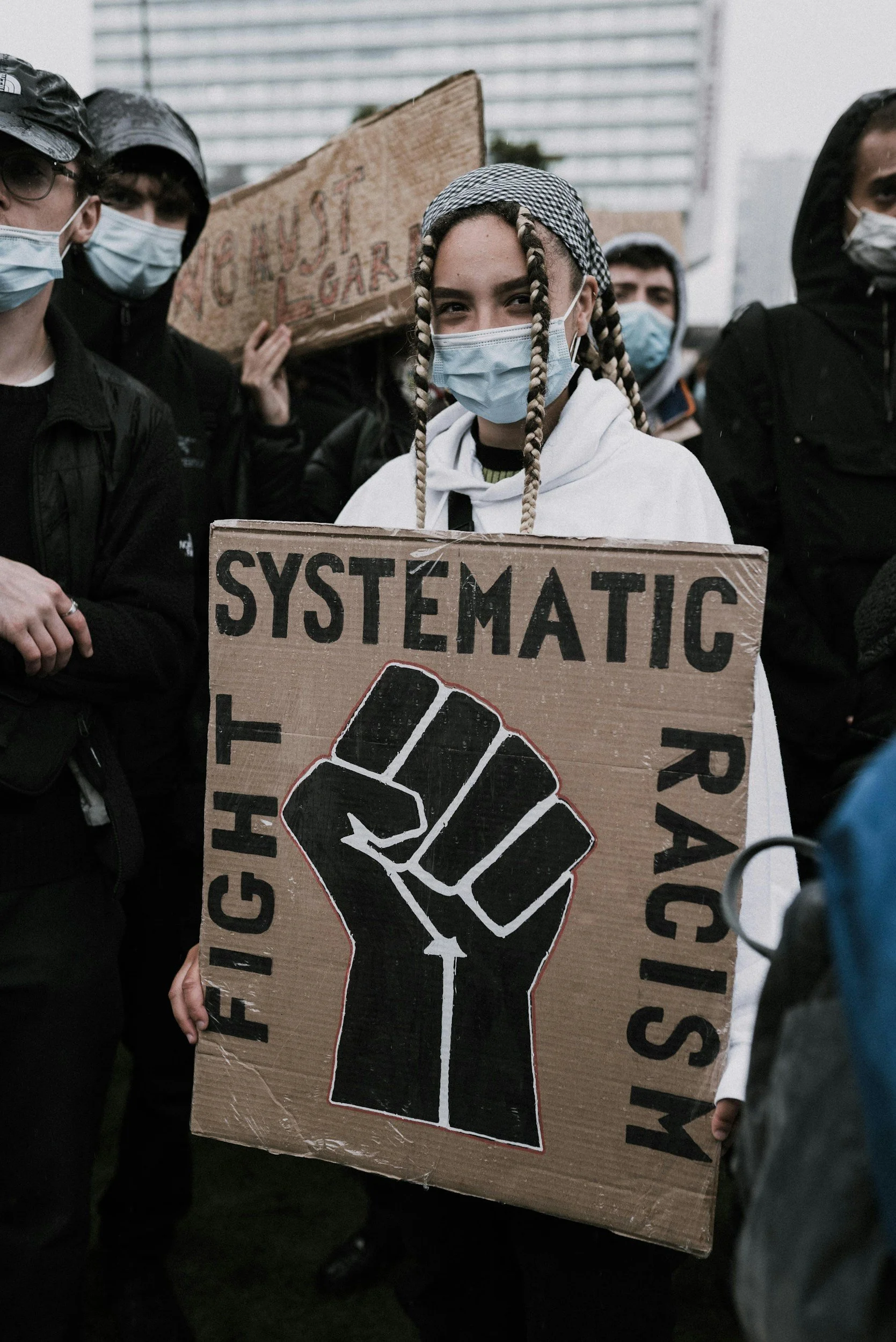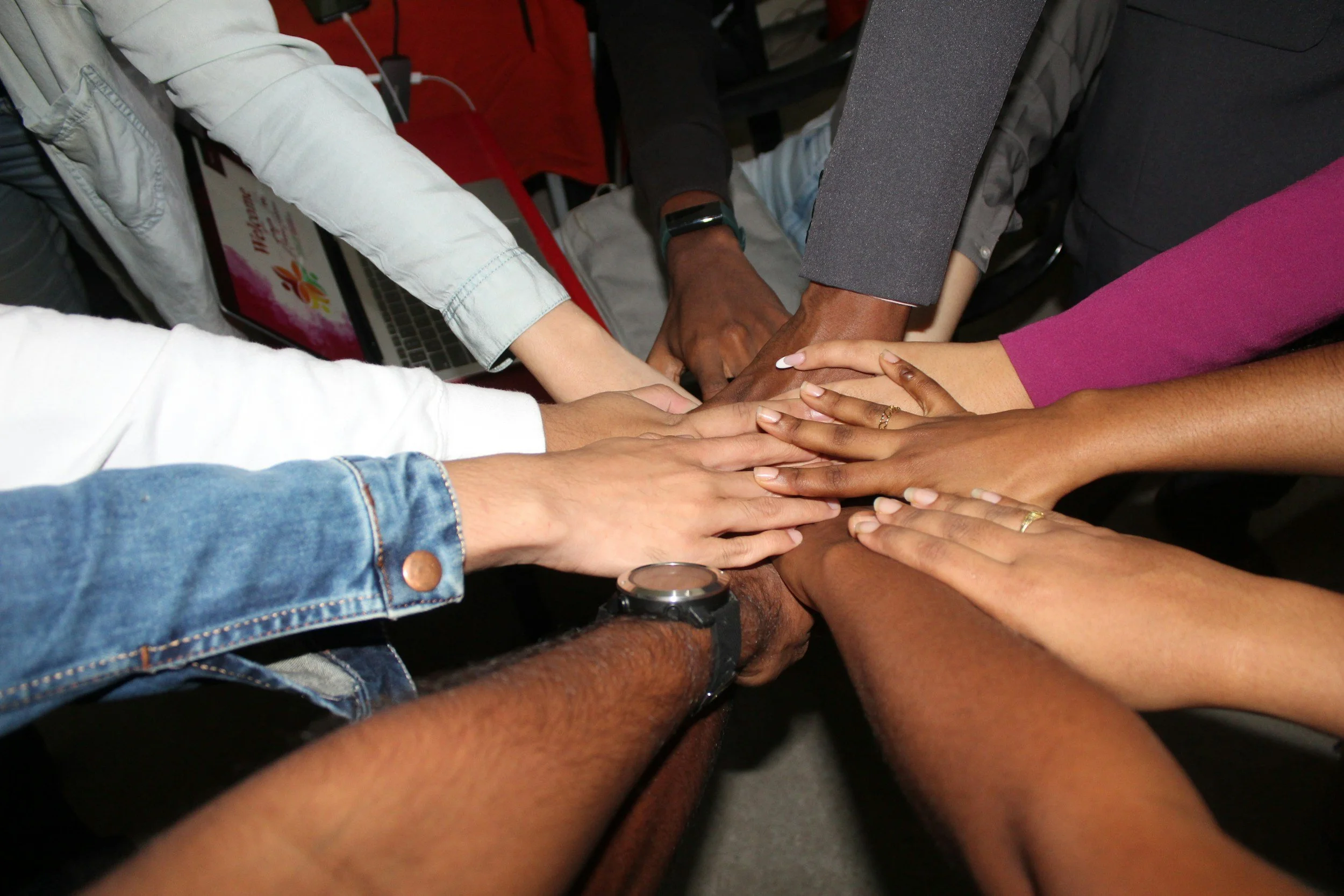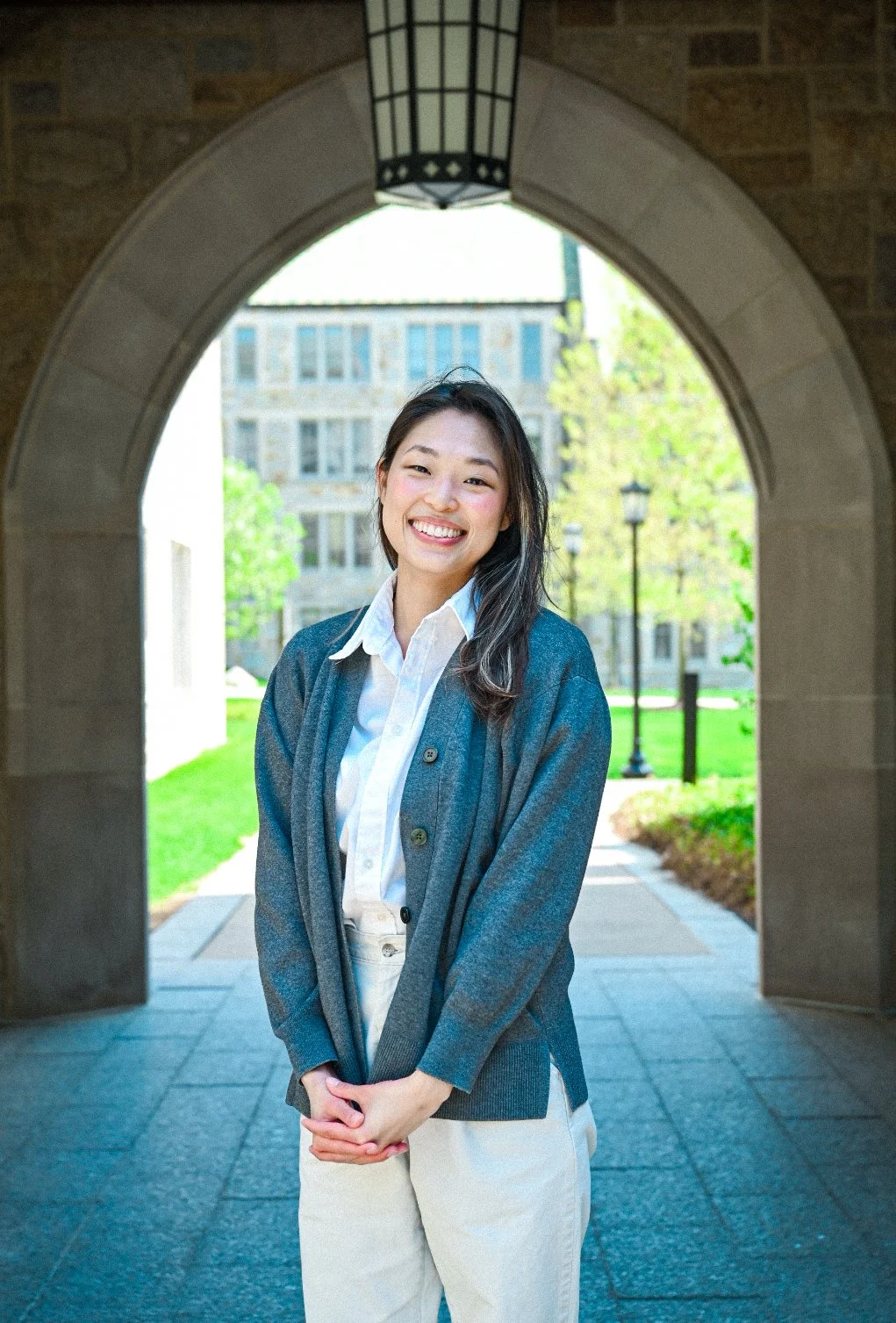
Ethical DBT Therapy in Boston and Throughout Massachusetts
Learn DBT skills in a space that respects your culture,
neurodivergence, and lived experience rather
than demanding compliance or perfection.
What Ethical DBT Means at Dear Therapy
DBT began as a structured, skills-based practice meant to help people manage emotions and relationships. Over time, it was often taught as a standardized method, sometimes without regard for the cultural, historical, and systemic contexts that shape emotional life.
For many who are queer, neurodivergent, or from marginalized communities, this version of DBT has felt more like a demand to adapt to oppressive systems than an invitation to heal within them.
At Dear Therapy, we approach DBT as a living practice rather than a rulebook. We keep what supports regulation, self-awareness, and connection, and we let go of what reinforces control or conformity. Ethical DBT integrates trauma-informed, anti-colonial, and culturally responsive care so that the work stays connected to your lived experience, body, and history.
Here, you are not a problem to be corrected. You are a person with wisdom, resilience, and patterns that have developed in response to real conditions. Together, we explore how regulation and balance can exist without erasing your anger, grief, difference, or culture, so that healing becomes a relationship, not an instruction.
Balancing Skills with Humanity
Ethical DBT honors structure without enforcing sameness.
We draw from DBT’s core skills, mindfulness, emotion regulation, distress tolerance, and interpersonal effectiveness, but ground them in lived experience and collective context.
Healing cannot exist apart from history. Every emotion, every coping strategy, carries a story about survival within systems shaped by racism, colonialism, ableism, and gendered expectations.
Here, mindfulness is not about erasing thought or emotion, but reclaiming presence in a world that often denies rest to marginalized bodies. Regulation is not compliance. It is the practice of expanding your capacity to feel safely in a society that has punished certain bodies, voices, and ways of being.
We do not use “radical acceptance” to justify harm or silence anger. Instead, we understand it as an act of witnessing truth, of naming what has been done, so that energy can move toward repair, resistance, and care.
Healing in this space is relational and political. It grows from learning when to lean on skills, when to rest, and when to challenge the systems that created distress in the first place. Ethical DBT invites you to build balance without abandoning your culture, identity, or anger.
Who We Have Experience Working With
Our therapists work with people navigating experiences such as:
Emotional intensity that has been misunderstood or shamed
People-pleasing, masking, or perfectionism shaped by family or cultural survival strategies
Burnout and emotional exhaustion from caregiving, advocacy, or navigating systemic oppression
Borderline or trauma-related patterns that have developed in response to chronic invalidation and unsafe attachment
Complex trauma and ongoing relational ruptures
Executive functioning challenges, sensory overwhelm, or living within ableist expectations of productivity
Cycles of guilt, anger, and repair in relationships
The tension between surviving within systems and wanting to live authentically
We do not view these experiences as disorders to be treated but as stories of adaptation, intelligence, and care. Every strategy once served a purpose. Ethical DBT helps us uncover what that purpose was, grieve what it cost, and create new ways of relating that honor both safety and self-expression.
Some of Our Therapists Specializing in Ethical DBT
We’ve highlighted a few of our clinicians with lived and professional experience integrating DBT skills through a trauma-informed, culturally responsive, and anti-oppressive lens. Our team approaches DBT not as a manual to follow, but as a flexible framework for healing rooted in consent, curiosity, and collective care.
If you’re seeking a space to learn DBT skills that honor your lived experience, we’ll help you find a therapist who understands the intersections of culture, neurodivergence, trauma, and identity. Our clinicians work collaboratively, helping you build emotional tools that strengthen connection, without erasing complexity or forcing compliance.
Haerim Ma (She/Her) brings a thoughtful, grounded, and culturally responsive approach to therapy, shaped by her experience as a Korean immigrant and creative navigating multiple worlds of belonging. She supports clients exploring burnout, cultural tension, identity loss, and relational overwhelm with care and clarity. Her work is guided by the belief that healing requires both boundaries and belonging, learning how to care for yourself without abandoning your values or communities.
Drawing from Ethical DBT, CBT, and trauma-informed practice, Haerim helps clients rebuild trust with themselves while honoring how culture, family, and power shape emotional expression. She integrates mindfulness and emotion-regulation tools not as rules to follow, but as invitations to slow down, make meaning, and move toward repair.
Huey Tyan Chong (HT) (She/Hers) offers a collaborative, trauma-informed approach that blends structure with empathy. Drawing from Ethical DBT, family systems, and experiential therapy, her work centers on helping individuals, couples, and families rebuild connection through communication, curiosity, and cultural understanding.
With over a decade of experience, HT supports clients navigating intergenerational tension, identity transitions, and relational conflict, particularly within immigrant and cross-cultural contexts. She believes that healing within relationships requires both honesty and compassion, the courage to name harm and the tenderness to stay in dialogue.
Shannon Kang (She/Her) brings a reflective and justice-oriented approach to therapy, shaped by her experiences as a queer, neurodivergent, third culture kid, immigrant, and veteran. She supports clients who are exploring identity transitions, moral injury, cultural dislocation, and complex trauma within systems that were not built with them in mind. Shannon’s work is grounded in the belief that healing is both personal and political, an act of reclaiming agency in the face of oppressive structures.
Drawing from Narrative Therapy, Ethical DBT, and Queer Theory, Shannon helps clients explore the stories they’ve inherited and the ones they’re still writing. She integrates emotion-regulation and relational tools with curiosity, care, and cultural awareness, creating a space where survival is not pathologized but understood as intelligence and resilience.
Meet More Of Our Therapists
Many of our clinicians have lived experience and deep training in working with queer, BIPOC, and neurodivergent communities.
While we don’t publicly list individual identities for privacy and safety, we are committed to matching you with someone who aligns with your needs.
During your free consultation call, let us know what you’re looking for, whether that’s a queer-affirming therapist or someone with specific cultural understanding, and we’ll do our best to connect you with the right fit. You deserve care that sees the full picture.








